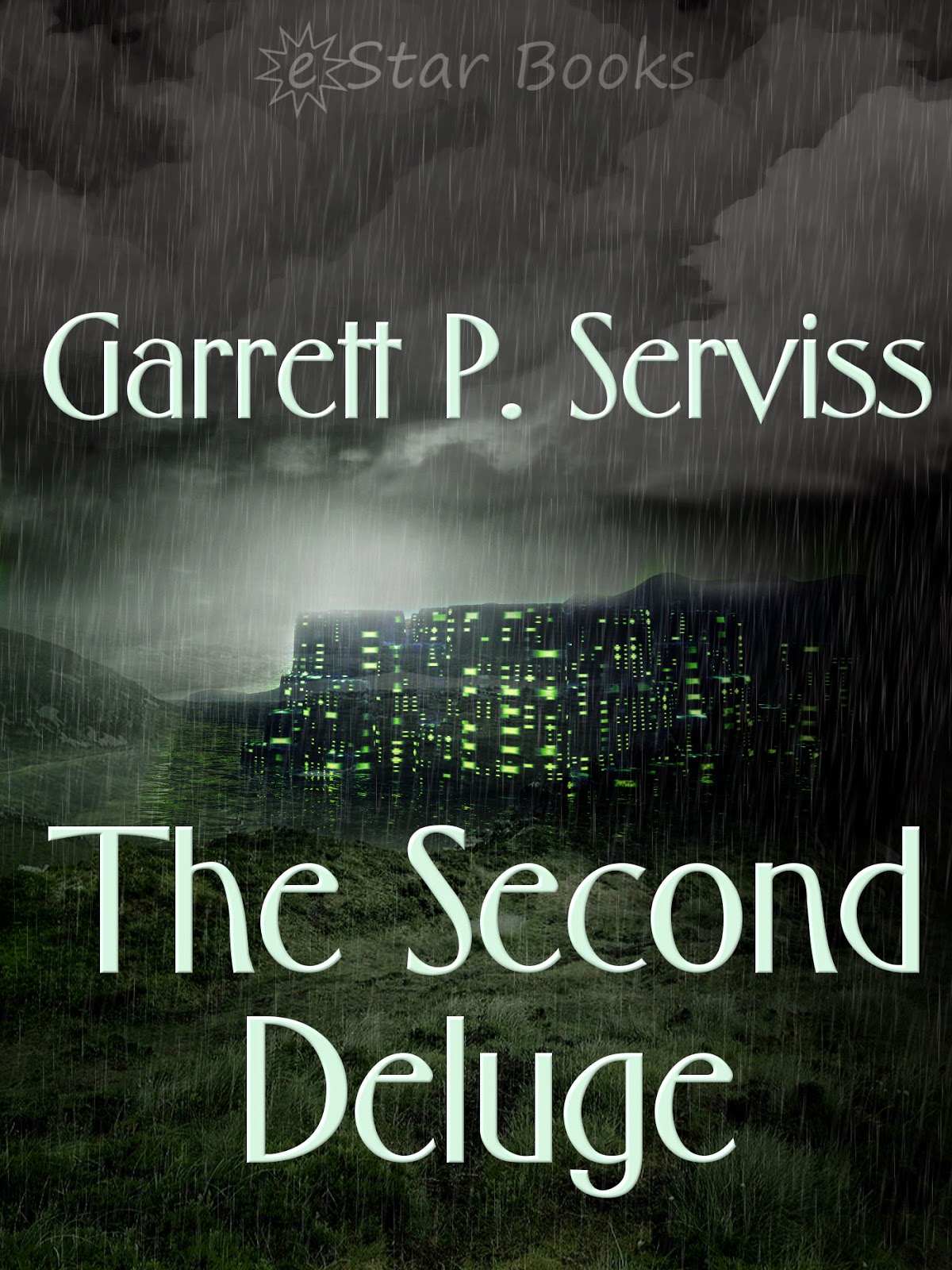
But dramatic and contentious as they were, these visible changes acquired their full significance from the fact that they were coupled to another deeper, but less conspicuous shift. By the early 1920s the maps of eastern Europe and the Middle East had been redrawn. By 1918, World War I had shattered the old empires of Eurasia – Tsarist, Habsburg and Ottoman. ‘After such dramatic events history knows no status quo.’ The violence of the Great War had become transformative. On 5 April 1916, six weeks into the terrible battle of Verdun, he confronted the Reichstag with the stark truth. Within four months his words were echoed from the other side of the battle-lines by the German Chancellor Theodore von Bethmann Hollweg.

It is one of those seismic disturbances in which nations leap forward or fall backward generations in a single bound.’ It is an earthquake which is upheaving the very rocks of European life. It is a cyclone which is tearing up by the roots the ornamental plants of modern society. bringing unheard-of changes in the social and industrial fabric.

‘It is the deluge, it is a convulsion of Nature. The war, he warned them, was remaking the world. He had come to demand a further round of recruits for the war effort and his message was suitably apocalyptic. On Christmas Morning 1915, David Lloyd George, the erstwhile radical liberal, now Minister of Munitions, rose to face a restless crowd of Glaswegian trade unionists.


 0 kommentar(er)
0 kommentar(er)
